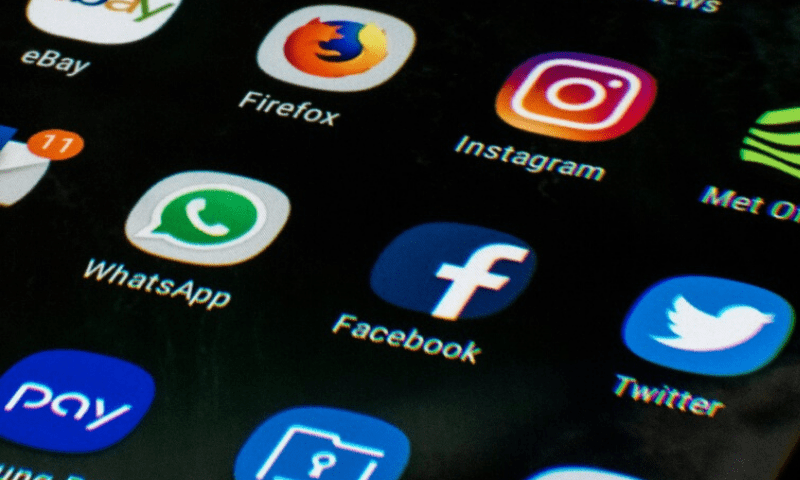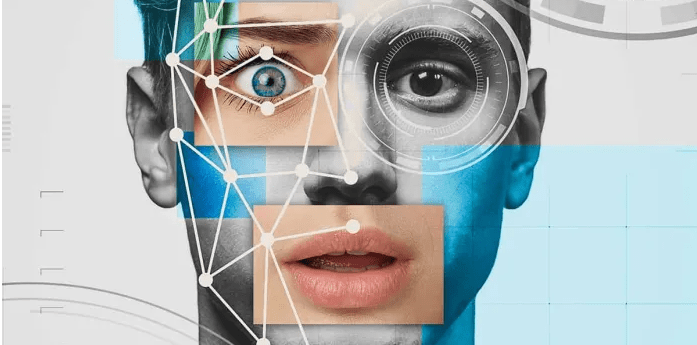In 2020, social media platforms like Facebook faced significant reputational risks due to fake news surrounding the U.S. presidential election. While this threat was troubling, the novel coronavirus introduced an even more serious issue: the potentially life-threatening consequences of misinformation, including false cures, misleading claims, and conspiracy theories about the virus.
Combating Misinformation
So far, the Agence France-Presse (AFP) has debunked nearly 200 rumors and myths related to the virus. However, experts emphasize that stronger actions from tech companies are essential to curb the spread of misinformation online. Professor David Rand, a cognitive sciences expert at MIT, highlights a disconnect between what people believe to be true and what they are willing to share. Users often prioritize content they think will be liked or shared over its accuracy.
Social media algorithms are designed to cater to users’ habits and interests, emphasizing likes rather than factual correctness. To address this, Rand advocates for prompts that encourage users to verify the accuracy of the content they share. A recent study on Covid-19 misinformation revealed that when participants were reminded to consider the reliability of the information, their awareness of truthfulness more than doubled.
The Fatal Impact of Misinformation
The implications of misinformation can be severe. Reports from countries like Iran have shown that false claims—such as ingesting methanol as a cure—led to tragic outcomes, including over 300 deaths. Dr. Jason McKnight from Texas A&M University warns that sharing unverified information poses risks beyond the virus itself, potentially inciting fear, panic, and harmful actions by individuals seeking ineffective cures.
Immediate Response from Social Media Companies
Facebook has previously faced scrutiny for its handling of misinformation, particularly regarding Russian interference in the 2016 U.S. election. In response to the Covid-19 crisis, the platform has prioritized authoritative health information at the top of news feeds and intensified its efforts to remove harmful content, collaborating with third-party fact-checkers. Content rated false is downgraded in visibility, and users attempting to share it receive explanations about its inaccuracy.
Despite these efforts, a Facebook spokesperson did not comment on the possibility of adding accuracy prompts. A Twitter spokesperson also refrained from addressing whether similar features would be considered. Instead, they focused on ensuring users have access to credible health information through partnerships with organizations like the World Health Organization.
Conclusion
The Covid-19 misinformation study echoes previous research on political fake news, suggesting that simple reminders about accuracy could significantly improve users’ sharing behaviors. The authors of the study argue that implementing “accuracy nudges” on social media platforms could have an immediate and positive impact in combating misinformation related to the pandemic.
ALSO READ:
https://flarenews.pk/2024/10/21/united-ease-pressure-on-ten-hag-spurs-run-riot/



